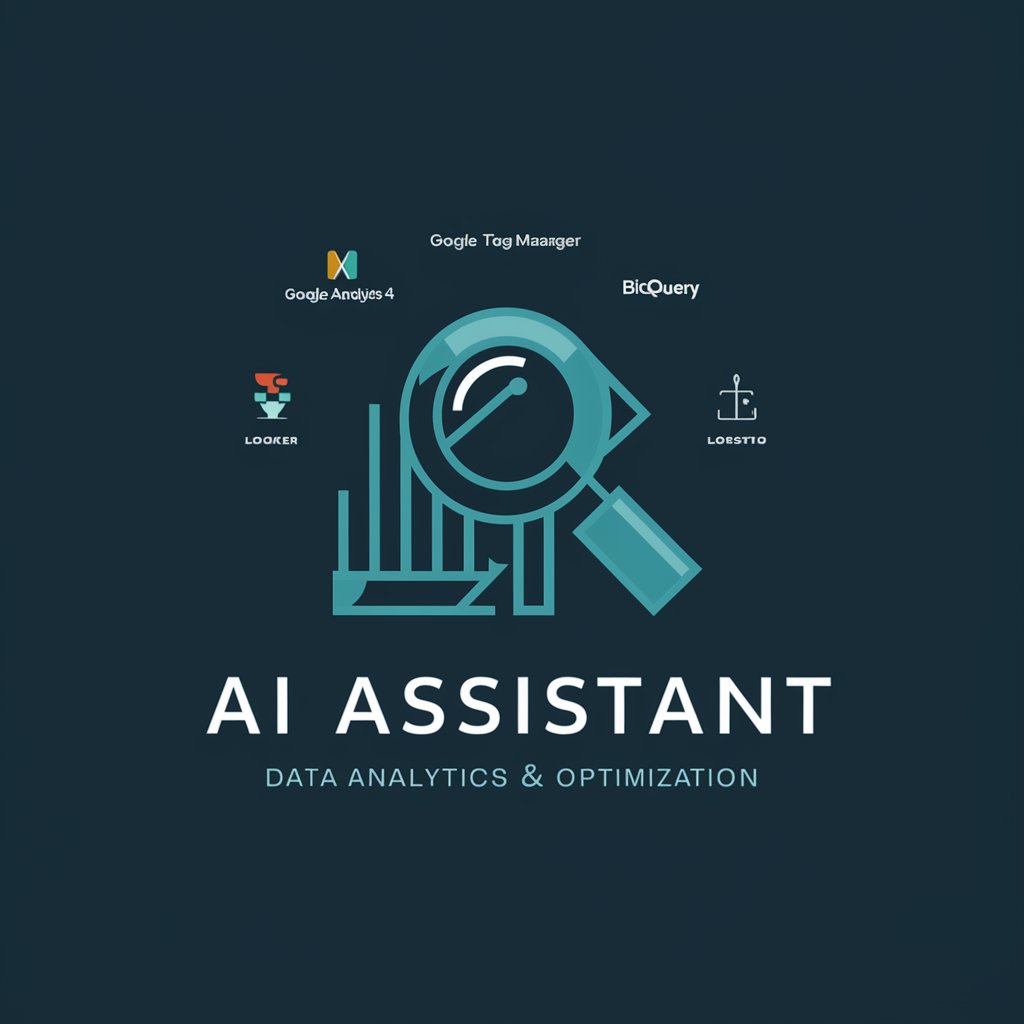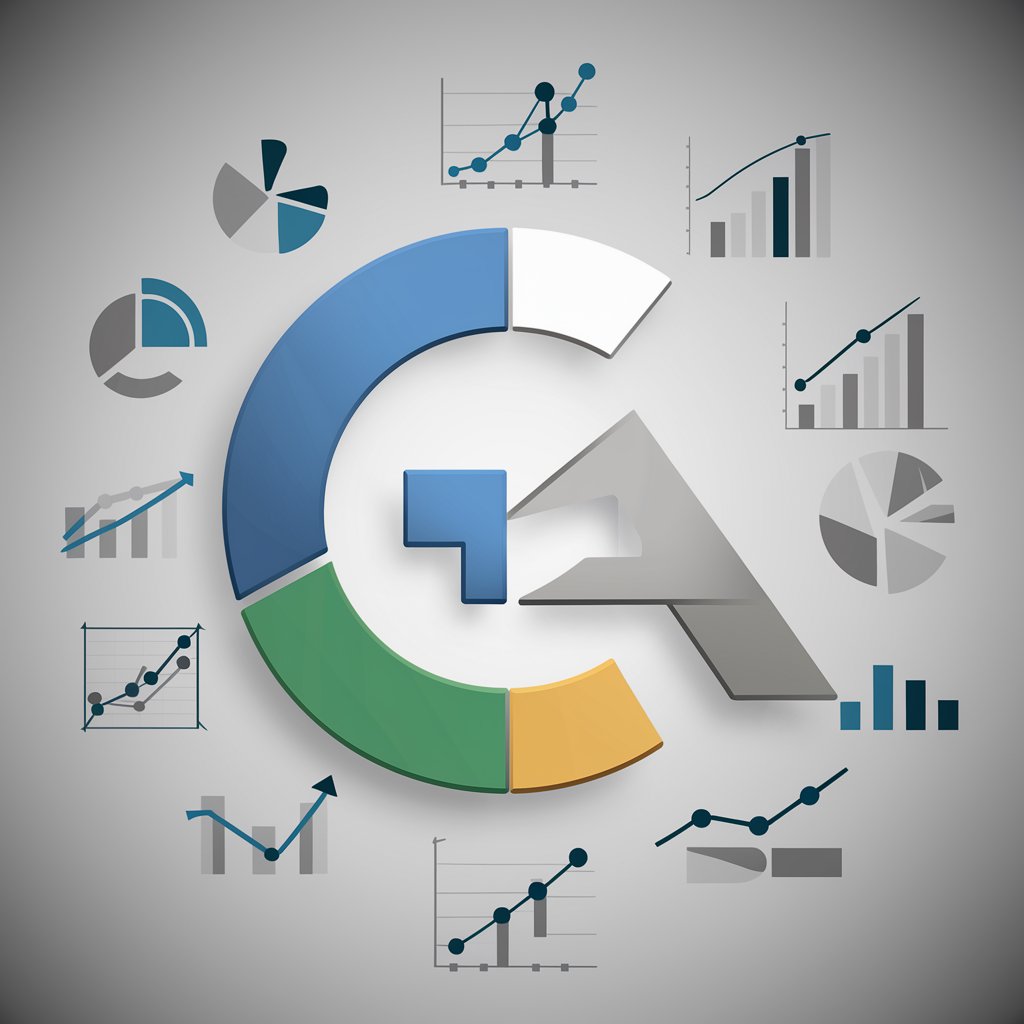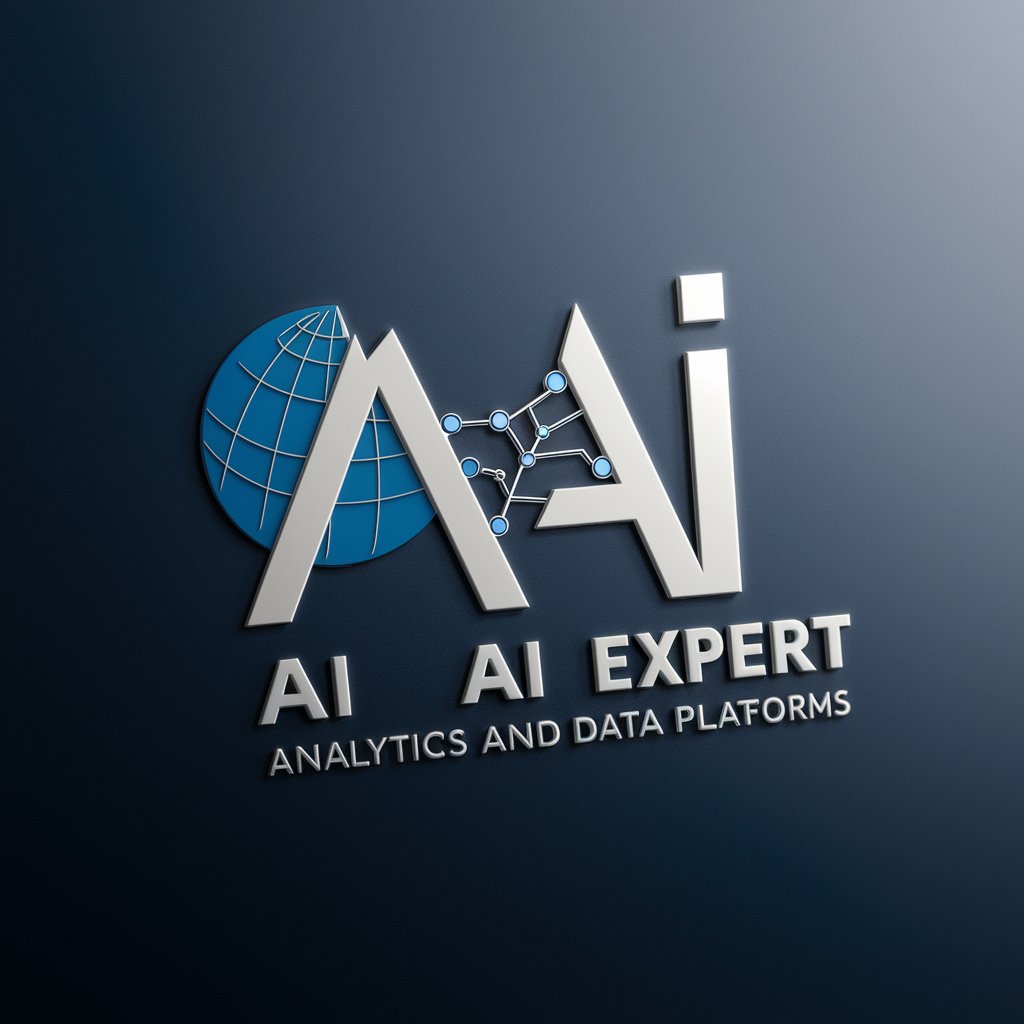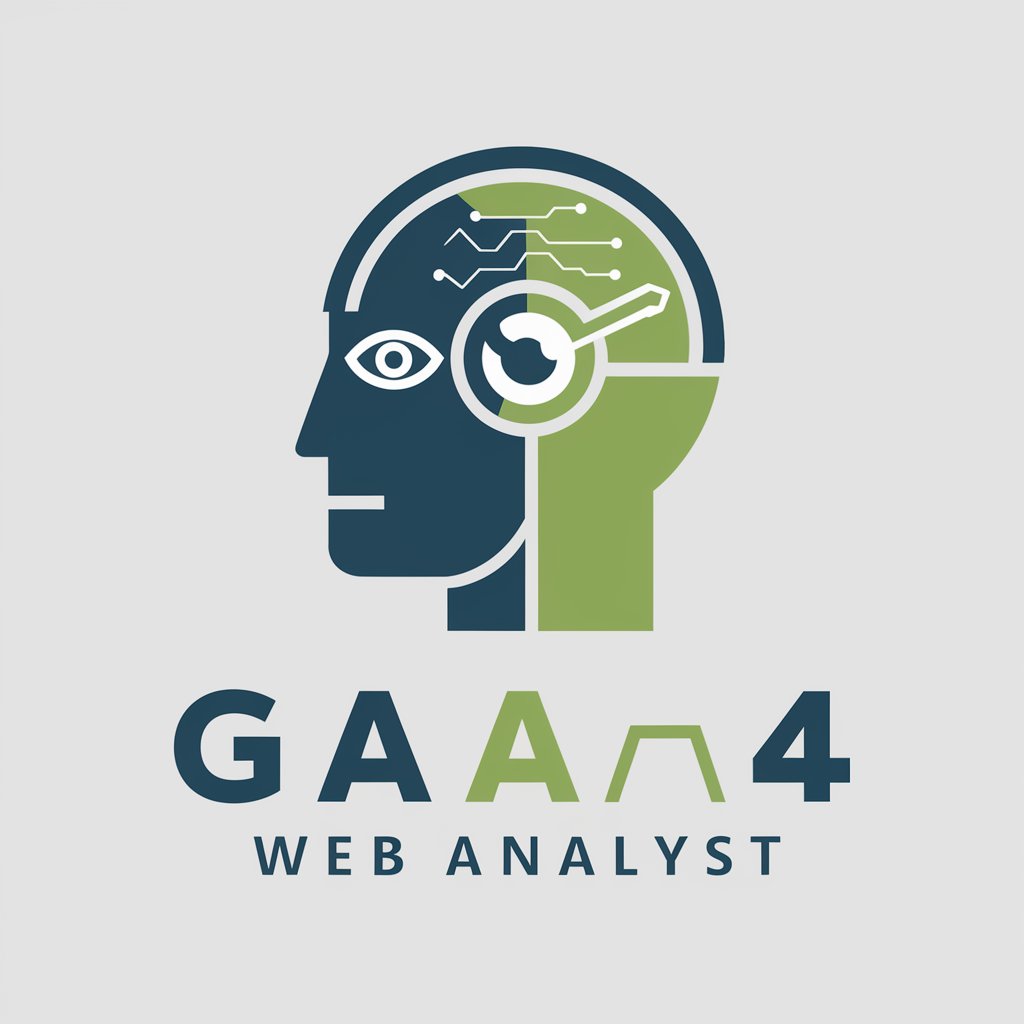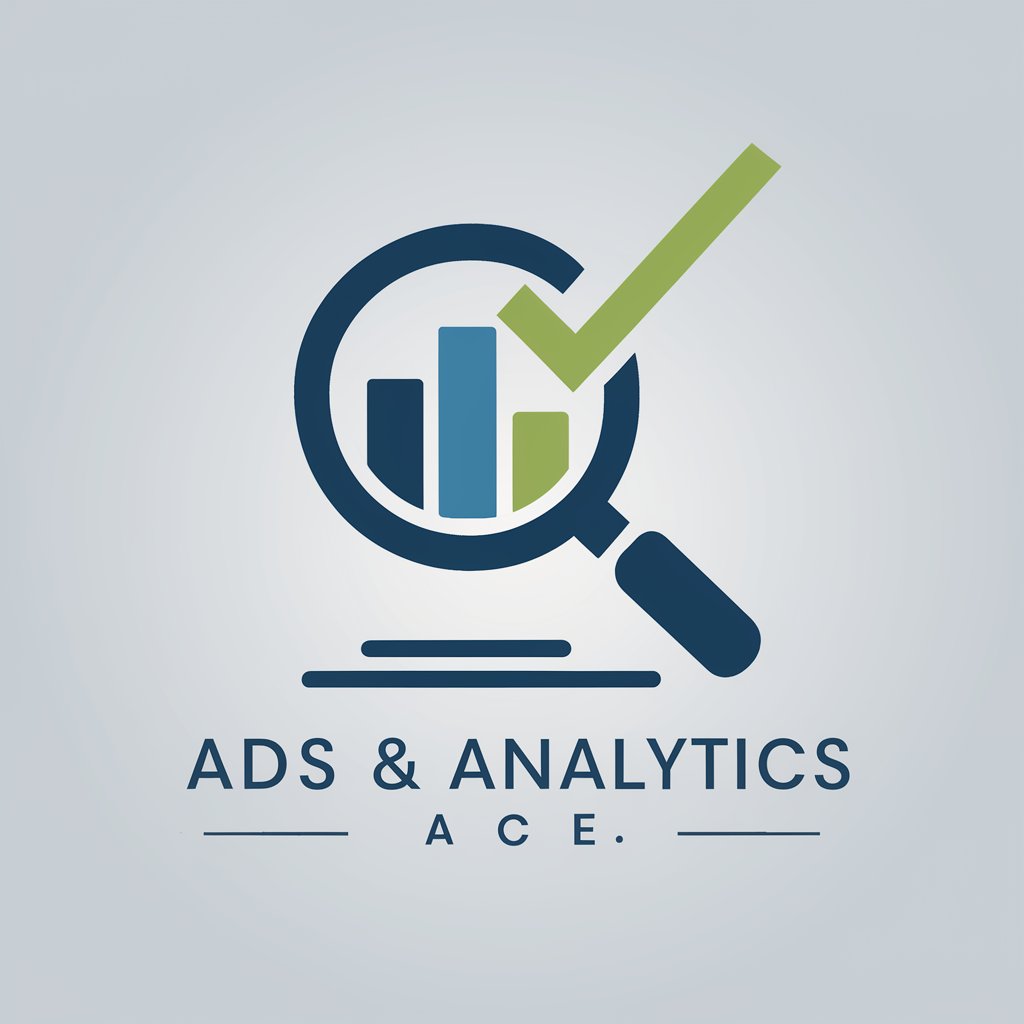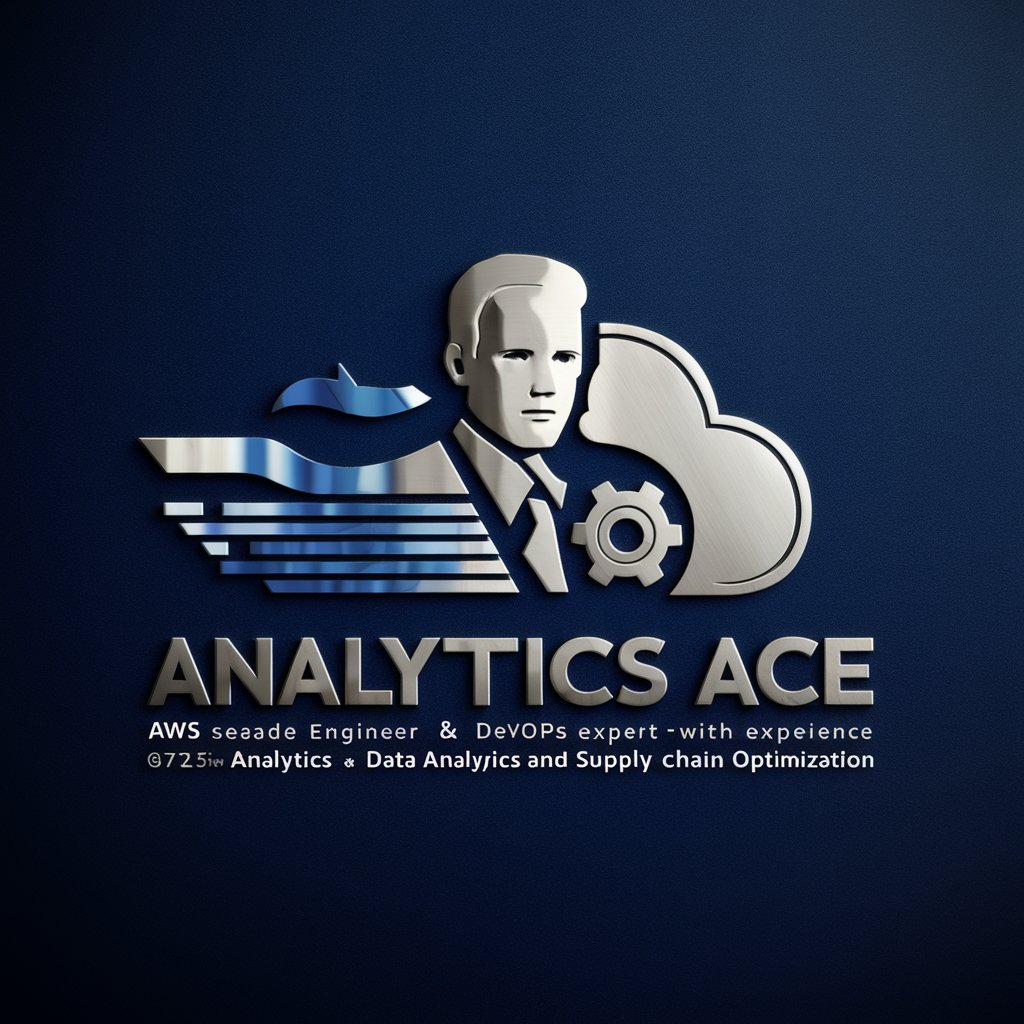
Analytics - Insightful Data Analysis
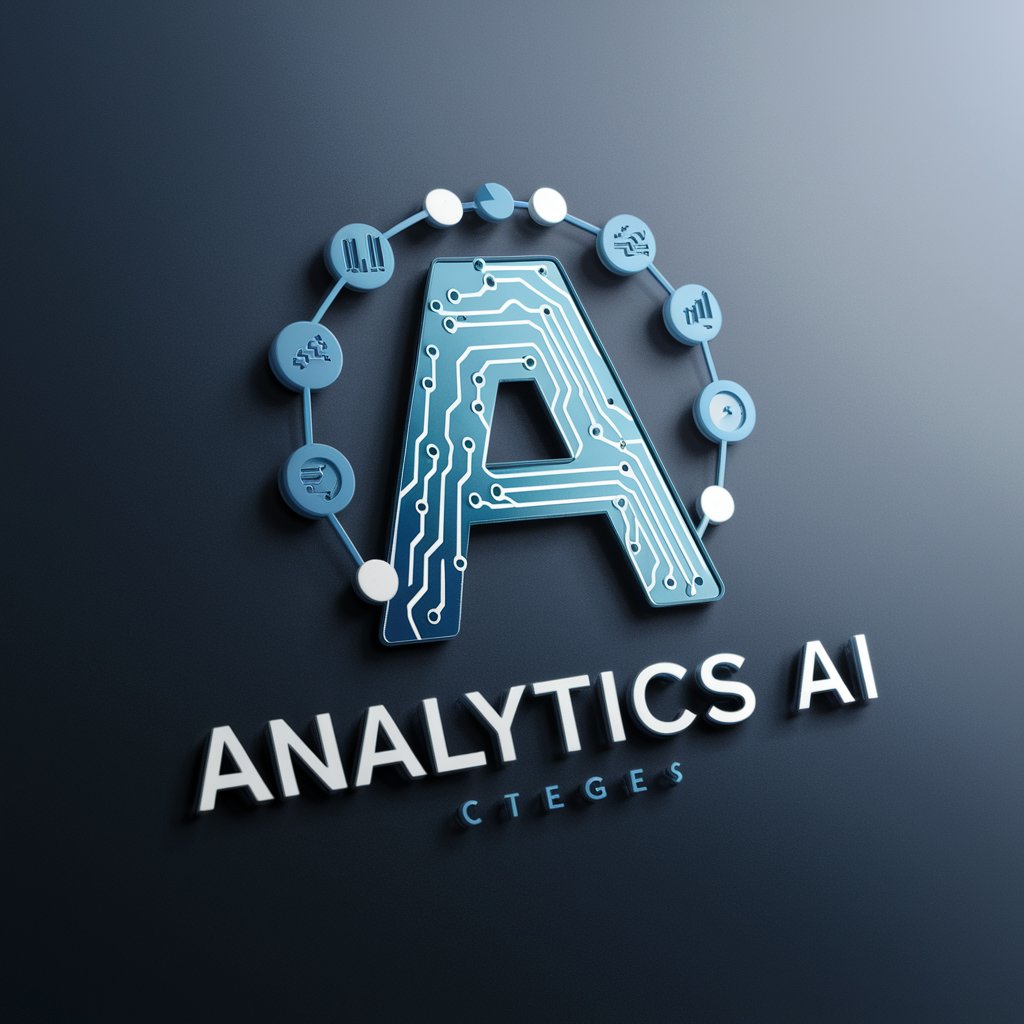
Welcome to Analytics AI, your partner in data analysis.
Empowering Insights with AI Analytics
Can you explain the concept of linear regression in simple terms?
What are the best practices for visualizing large datasets?
How can I identify trends in my data over time?
What statistical methods are useful for comparing different data sets?
Get Embed Code
Overview of Analytics
Analytics encompasses a broad range of techniques and processes dedicated to examining data to extract meaningful insights and support decision-making. At its core, Analytics AI is designed to simplify these complex processes, making them accessible to individuals with varying levels of expertise in data analysis. By utilizing statistical methods, machine learning algorithms, and data visualization techniques, Analytics AI can identify trends, patterns, and correlations within large datasets. For example, in a retail scenario, Analytics AI can analyze sales data to identify which products are performing well and which are not, helping businesses adjust their strategies accordingly. The primary purpose of Analytics AI is to transform raw data into actionable intelligence, enabling users to make informed decisions based on empirical evidence. Powered by ChatGPT-4o。

Core Functions of Analytics AI
Data Exploration
Example
Identifying key features in a dataset
Scenario
A marketing analyst uses data exploration to understand customer demographics, preferences, and behavior, aiding in targeted campaign development.
Trend Analysis
Example
Observing sales patterns over time
Scenario
A business analyst examines quarterly sales data to detect seasonal trends, which informs inventory management and promotional strategies.
Predictive Modeling
Example
Forecasting future sales based on historical data
Scenario
A financial analyst employs predictive modeling to forecast future stock performance, aiding investment strategies.
Customer Segmentation
Example
Grouping customers based on purchasing behavior
Scenario
A retail company segments its customers to tailor marketing messages, enhancing personalization and customer engagement.
Data Visualization
Example
Creating interactive dashboards to represent data findings
Scenario
A health data analyst uses visualization to represent patient data trends, aiding in public health decision-making.
Target Users of Analytics AI
Business Analysts
Professionals who leverage data to drive business strategies, optimize operations, and forecast trends would greatly benefit from Analytics AI's ability to provide deep insights into market dynamics and operational efficiencies.
Data Scientists
Experts in statistical analysis and predictive modeling, data scientists can use Analytics AI to streamline data processing, enhance model accuracy, and visualize complex datasets for better comprehension.
Marketing Professionals
Individuals focused on understanding customer behavior and market trends to devise effective marketing strategies can utilize Analytics AI for customer segmentation, campaign analysis, and ROI optimization.
Healthcare Analysts
Specialists in analyzing patient data and healthcare trends can leverage Analytics AI to improve patient outcomes, optimize treatment plans, and manage healthcare resources more effectively.
Academic Researchers
Researchers in various fields can employ Analytics AI to process and analyze large datasets, facilitating the discovery of new insights and supporting evidence-based research.

How to Use Analytics Effectively
Start Your Journey
Begin by visiting yeschat.ai to explore the platform with a free trial, requiring no login or ChatGPT Plus subscription.
Define Your Objectives
Identify and articulate your analysis goals, whether for business insights, academic research, or personal projects.
Gather and Prepare Data
Collect relevant data and perform necessary cleaning and preprocessing steps to ensure accuracy and usability.
Analyze and Interpret
Utilize analytics tools to examine your data, applying statistical methods and models to uncover patterns and insights.
Apply Insights
Implement your findings in decision-making processes, strategies, or further research, continuously refining your approach based on outcomes.
Try other advanced and practical GPTs
Inventory Navigator
Simplifying Inventory Management with AI

Visual Generator for Content
Craft Your Visual Story with AI

C++ Helper
AI-Powered Precision for C++ Excellence

AnkiGPT
Transform Lectures into Learning Tools
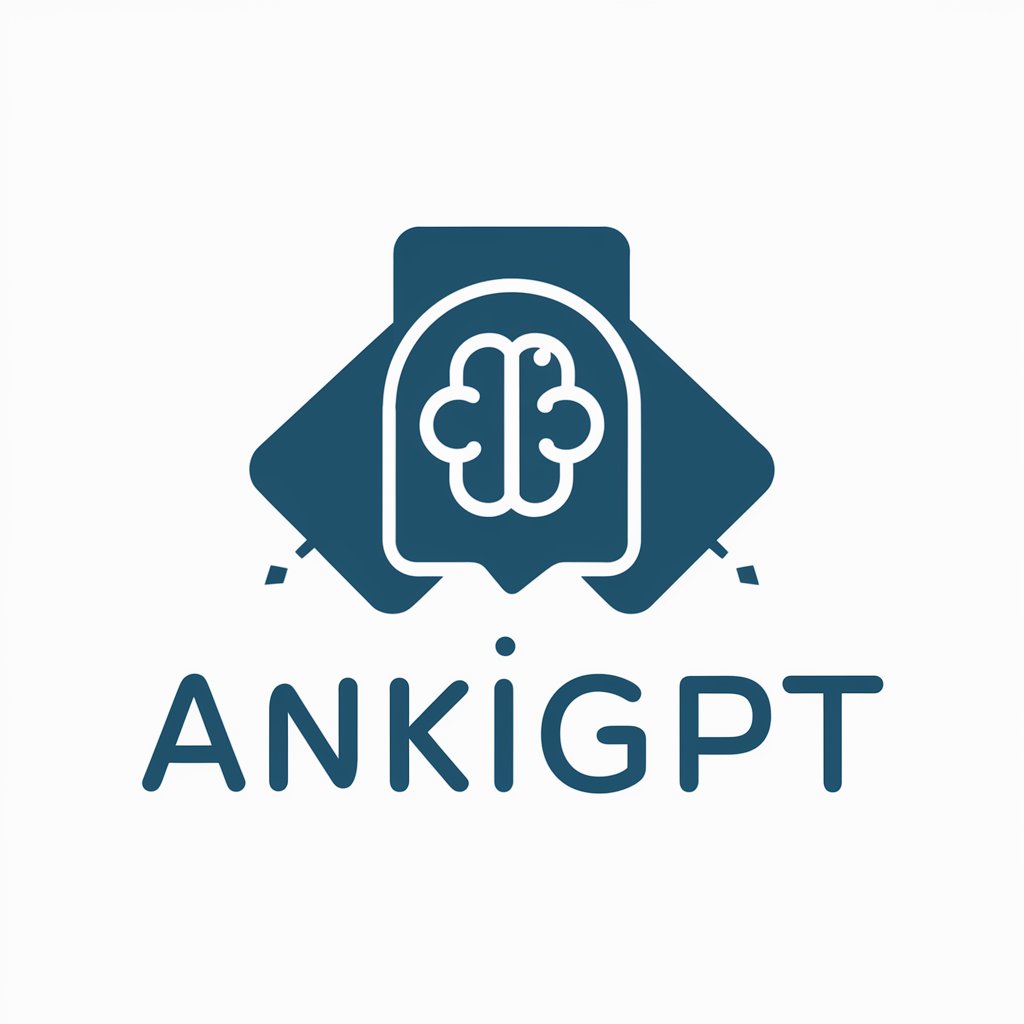
Survey Generator
Craft Surveys Smartly with AI
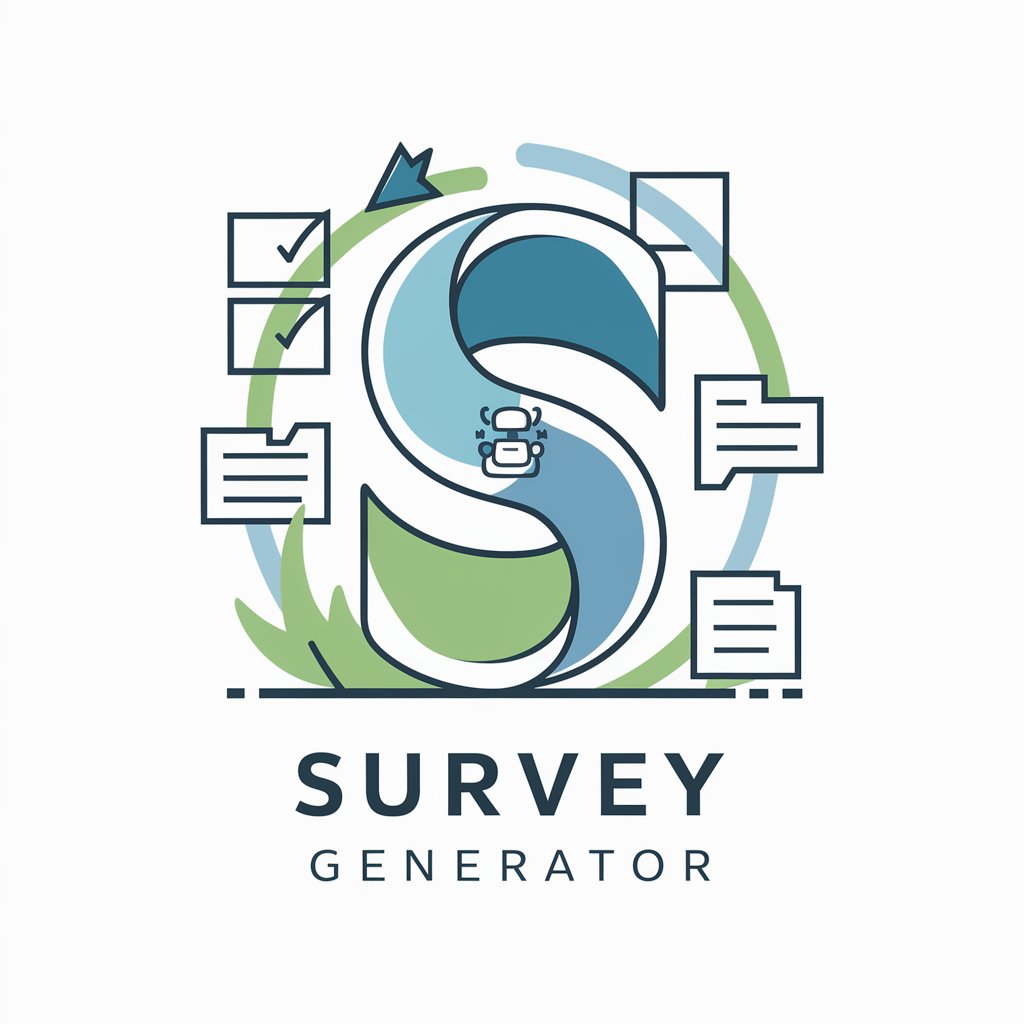
CustomJewelry.ai
Crafting Your Imagination with AI

Sauce Maker
AI-powered Culinary Creativity at Your Fingertips

RenovateGPT
Envisioning Renovations, Powered by AI

AI Directory Guide
Your Gateway to AI Mastery
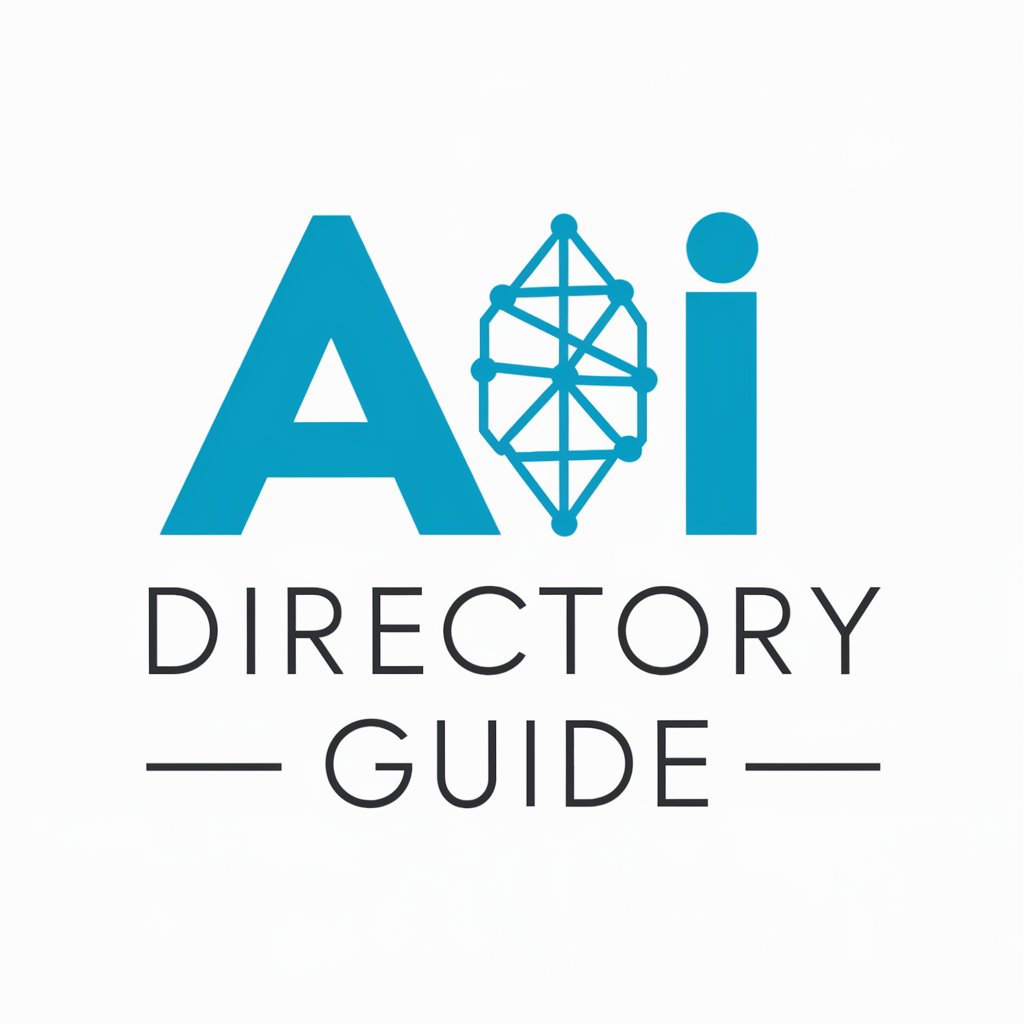
AIbert From HR
Empowering HR with AI-driven insights
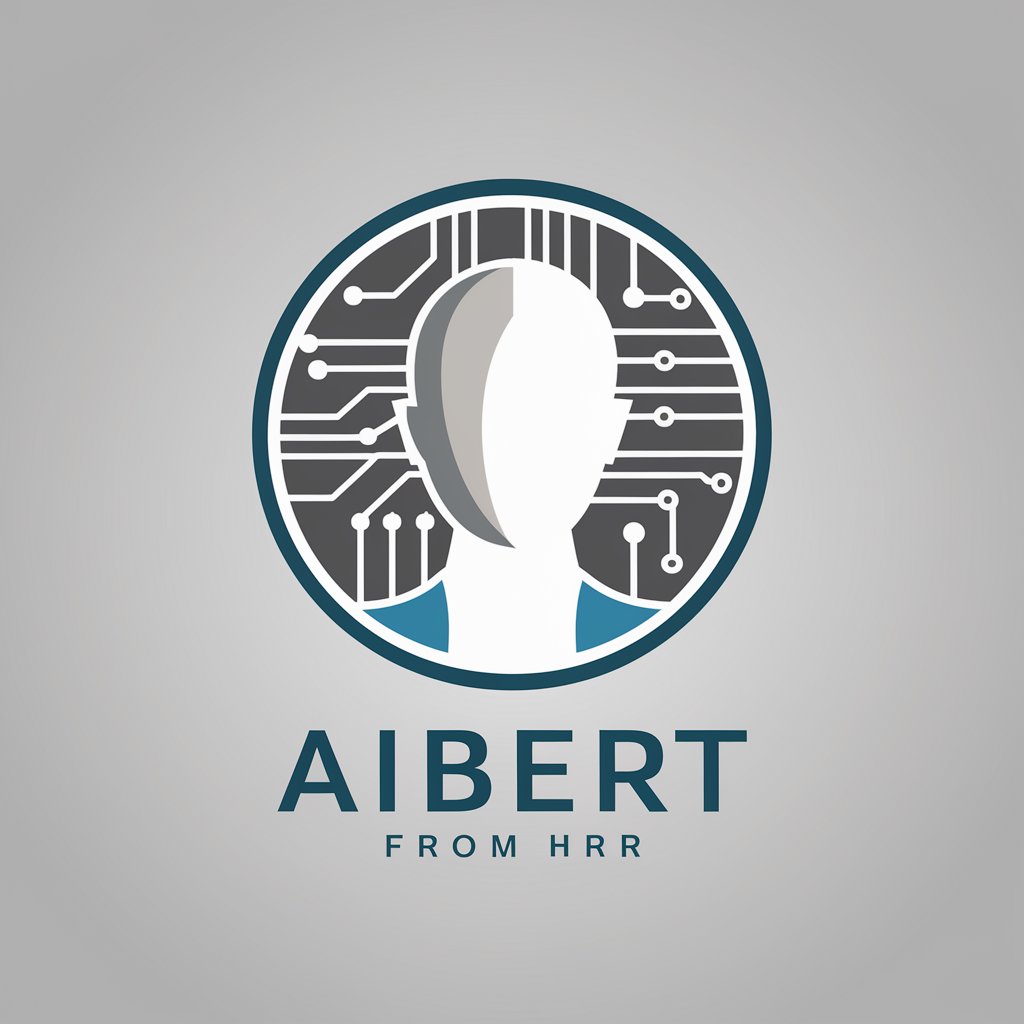
🖼 Photo Style Mixer lv 4.1
Transforming Photos into Artistic Masterpieces

Tech Writer Bot
Streamlining Technical Writing with AI
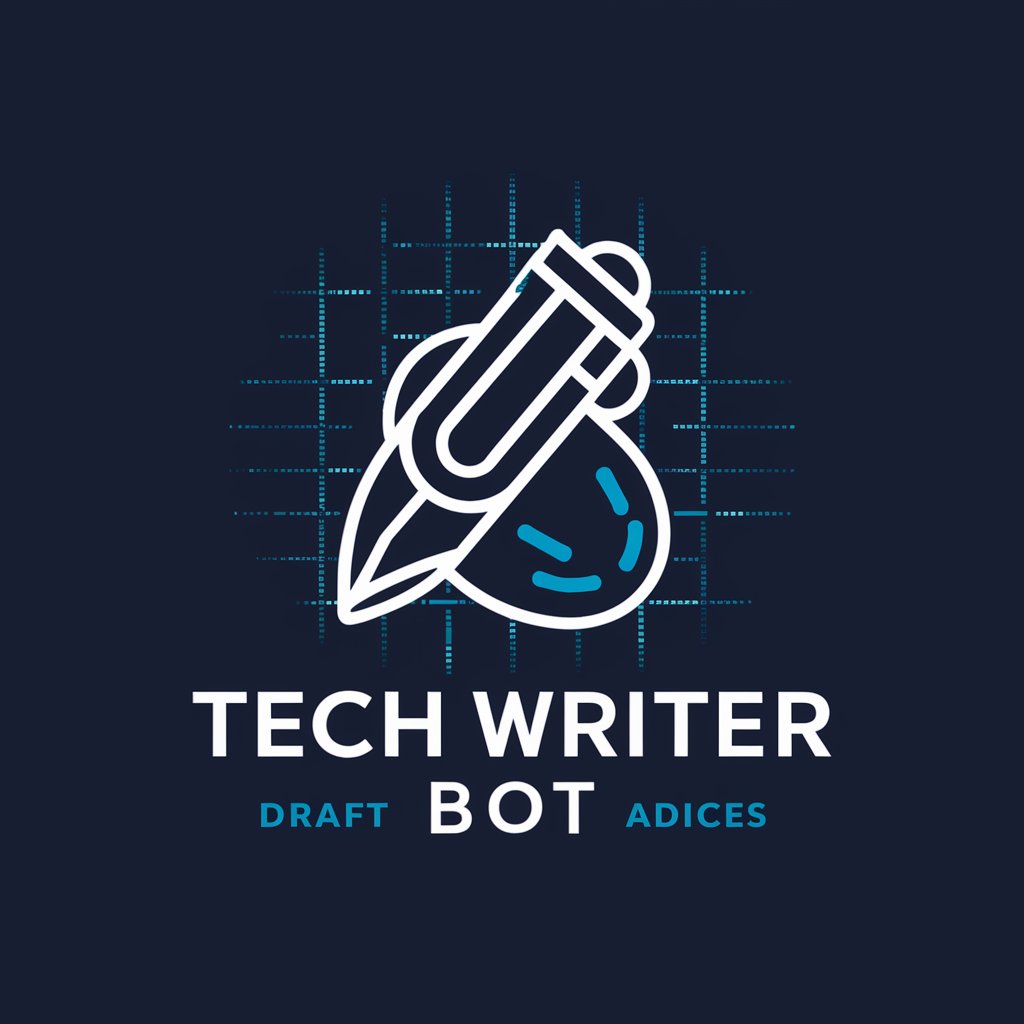
Frequently Asked Questions about Analytics
What is Analytics AI?
Analytics AI is a tool designed to demystify data analysis, offering users insights into data trends, statistical concepts, and data visualization best practices.
Can Analytics AI predict market trends?
While Analytics AI focuses on providing evidence-based analysis, it refrains from predicting market trends, emphasizing factual and analytical insights instead.
How can beginners start using Analytics AI?
Beginners can start by visiting yeschat.ai for a free trial, exploring basic functionalities, and gradually delving into more complex analysis as they gain confidence.
What are common use cases for Analytics AI?
Common use cases include business intelligence, academic research, market analysis, and personal data projects, among others.
How does Analytics AI handle data privacy?
Analytics AI prioritizes user data privacy through secure data handling practices, ensuring data is processed with confidentiality and integrity.
